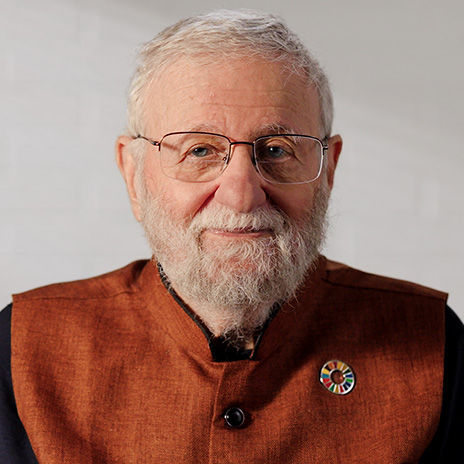0.1 About this book
“For Audrey, Alex, Elaine, Elizabeth and the next generations”
A socio-technical system (STS) is a social system operating on a technical base. Email, chat, bulletin boards, blogs, Wikipedia, eBay, Twitter, Facebook and YouTube are all socio-technical systems. Hundreds of millions of people use them every day, but how do they work? More importantly, can we build them better?
This book is for courses on socio-technical system design. The field changes every year, so each chapter has questions for students to discuss, try out online and report back to the class. The general issues raised may interest users, designers and managers of social software, or anyone interested in social computing.
The book questions the view that computing is smart and people are dumb. It says that people in a community are ethical not because they foolishly ignore their self-interest but because they intuitively see community gains beyond themselves. As social standards like privacy, freedom, democracy, ownership and transparency can guide online communities, so online successes like Wikipedia suggest new social forms for physical society.
Information technology, like fire, is a good servant but a bad master. People and computers are better than people or computers only if people are the senior partner. Social computing takes human centered computing a step further, by introducing the community level. The aim of socio-technical design is no less than to civilize the Internet because the future is socio-technology not technology.
We, the authors, hope you, the reader, find our book interesting and useful. Don't be daunted by the breadth of ideas covered. If both computing and society are complex, how could they together be any less? As people are today building socio-technical systems, there is a need for socio-technical design. The ideas presented in this book have been developed over the last decade. They work. They are proven perennials in the ever changing garden of computing.
Brian Whitworth,
January, 2014

